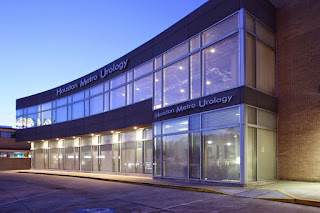Yeah….. so what is IMRT? Let’s break it down in simple
layman’s terms and talk about the application and benefits.
Down to basics; The body is made up of trillions of cells
and out of these cells, some turn into cancer cells. These cancer cells spread
throughout the tissue and eventually to the rest of the body if left untreated.
Many people believe that Chemotherpy and Radiation Therapy are the same when
they are actually very different. Chemotherapy treats the whole body because
the cancer has already spread to many locations within the person. Radiation
therapy is used when the cancer is still concentrated in one specific location.
IMRT is a type of radiation therapy. Think of it as an intense
beam of radiation that is precisely aimed at a malignant tumor within the body.
Accuracy is extremely important for two main reasons. Obviously you want to hit
the cancer and two, minimize the damage of healthy tissue in the process. To
reduce these risks, a CT scan (computed tomography) and an MRI (magnetic resonance) are taken to insure that the radiation is targeted properly along
with carefully computer calculated measurements. The accuracy of this treatment
is what makes it so beneficial to patients.
Since the beam is so concentrated, the amount of damage to
normal tissue is significantly reduced. Because of this, higher doses of
radiation can be administered safely with much fewer side effects. The only
downside to IMRT is that it’s not convenient and requires multiple safety
checks along with longer daily treatment times then conventional radiotherapy.
IMRT is mostly used to treat cancers of the head, neck and
prostate. It is a viable source of radiation therapy that can reduce the size
and even eliminate tumors. Talk to your urologist or radiation oncologist at Houston Metro Cancer Center to
decide if this is the right treatment option for you.



No comments:
Post a Comment